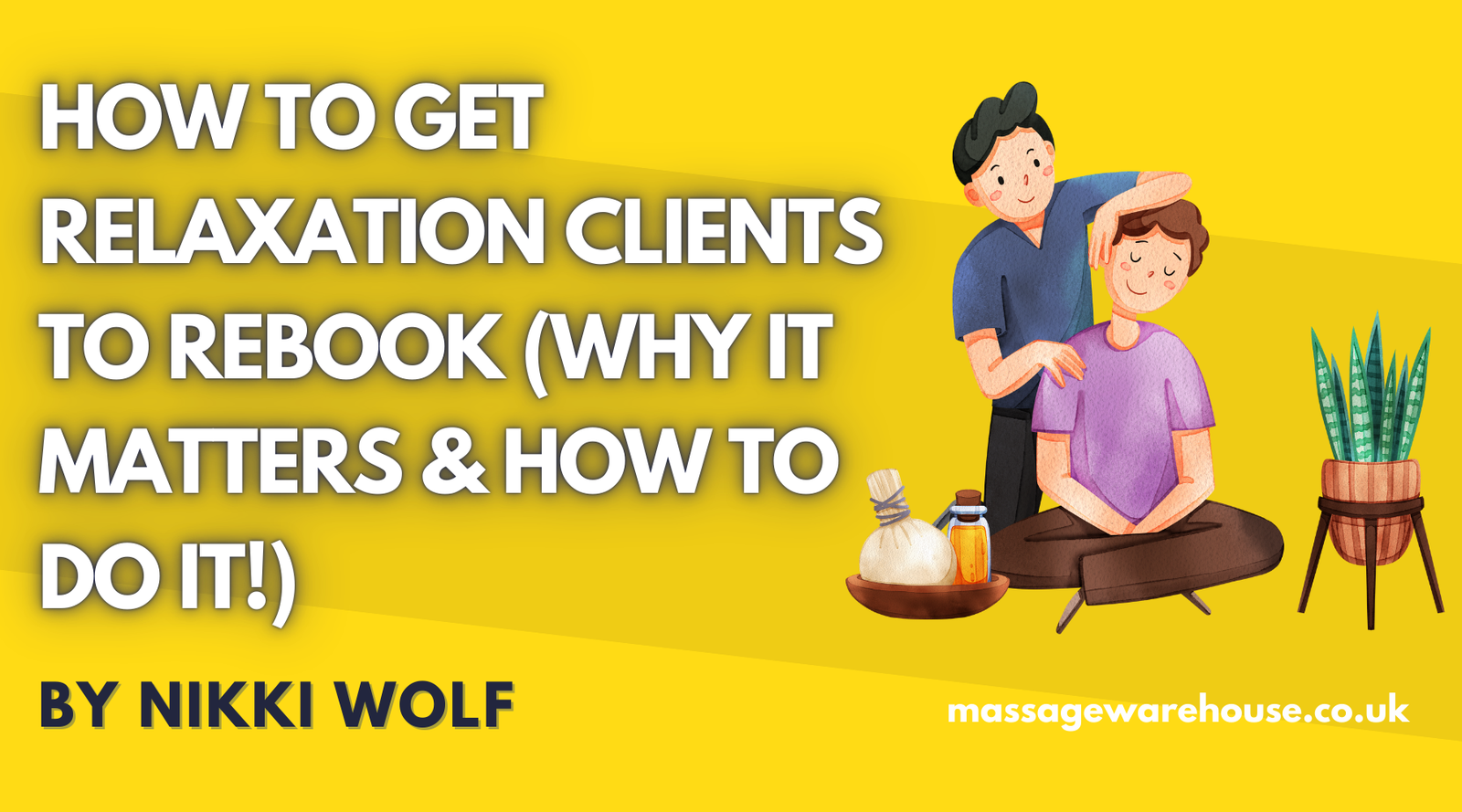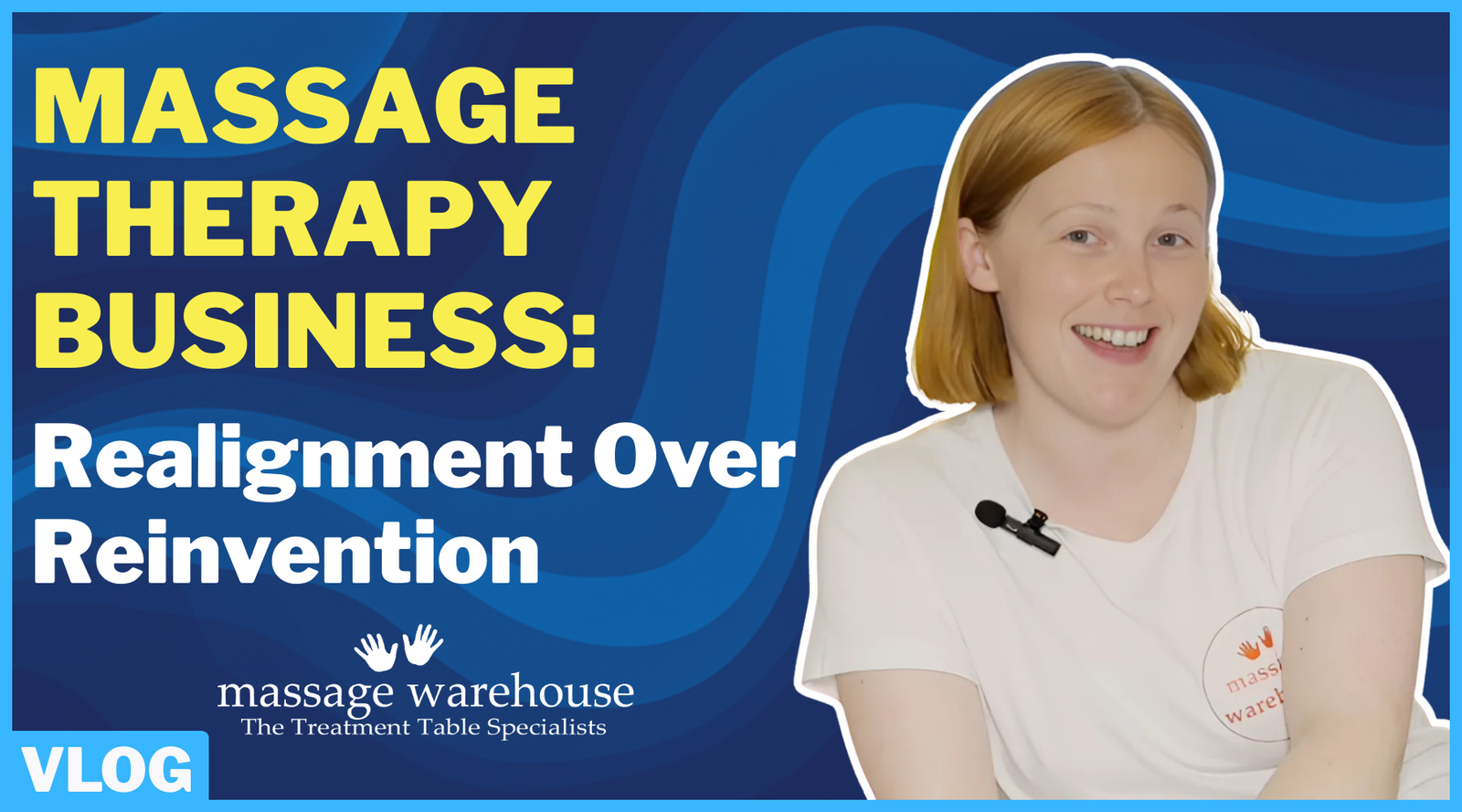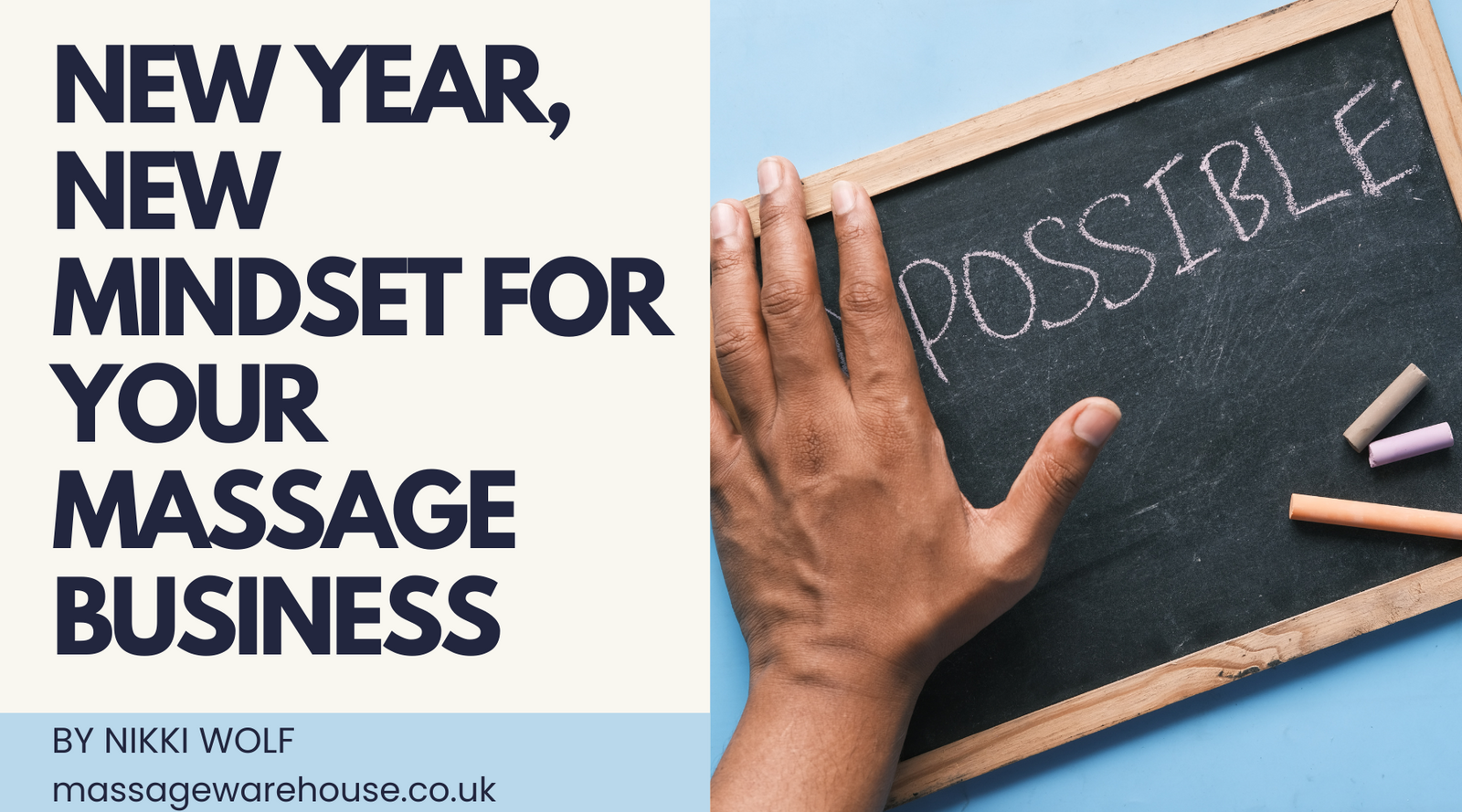Your Cart is Empty
Fantastic customer service, wonderful massage bed - this rental saved me just before Christmas when I needed to suddenly secure a rental booking for a winter yoga retreat - would recommend to anyone. Delivery and collection smooth and hassle free. Thank you.
This wax is great, it gives really grip and feel, and a little bit goes a long way. I love the songbird waxes , they are all really good performing, reliable products
Face down equipment arrived quickly and there was always someone available if any help was needed. Recommend this company.
Great quality product, went beyond my expectations. Can be used on a normal mattress and is still firm and comfortable. Highly recommend it!
I already had the portalite classic couch in my main clinic which is great. I looked at the Portalite Oval to replace a large couch in my small therapy room at home..so glad I purchased it. I now have room to get better access whilst treating a client. The size is still good enough but the shape makes all the difference. The home room looks so much more professional too!









